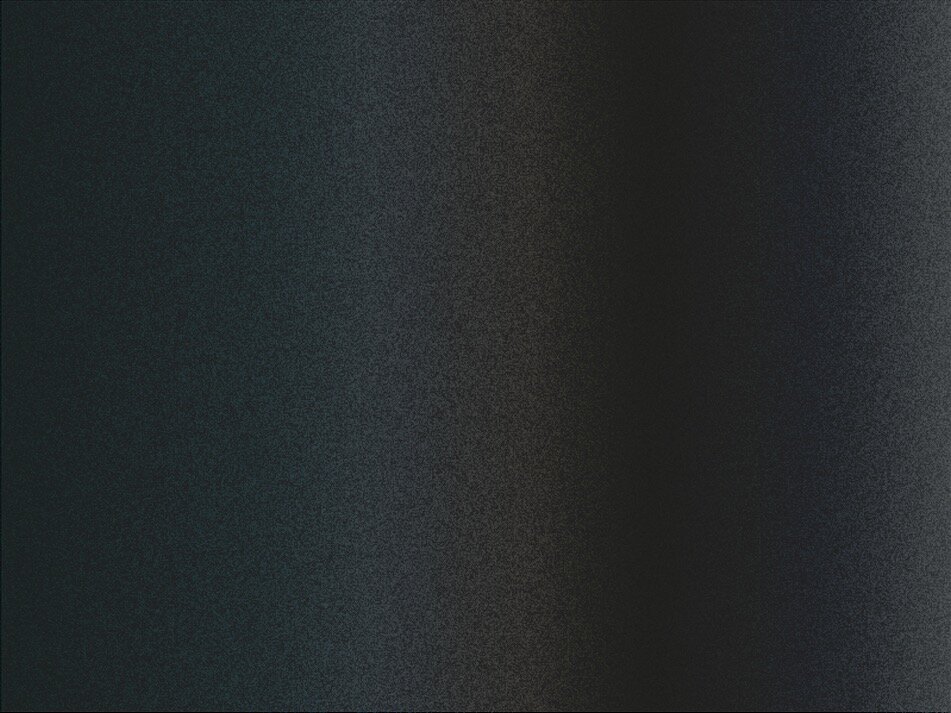Lonker See
Hamza
SCORE: 8.4 glottal stops out of 10
Hamza is kaleidoscopic and colorful, but the psychedelic patterns it evokes have darkened hues; it feels as if someone who only had been exposed to Fun House, Treasure and Happy Nightmare Baby for their whole life, started making music during the comedown of an acid trip.
The word “hamza” breaks threefold when it comes to meaning. It can be used as a name, and its bearer will be endowed with the honorable attribute of great strength. It is also used to designate a phonetical symbol which indicates a sudden stop due to air contraction; basically, a hamza is the sound of someone going “meh”. Now, polish psych-rockers, Lonker See, make their contribution to the semantic universe of this word with their latest release, an album that does have the honorable attribute of strength, and while it does have sudden stops throughout its course, in no way we will be able to relate it to the sound of someone saying “meh”.
Hamza is kaleidoscopic and colorful, but the psychedelic patterns it evokes have darkened hues. Just like its namesake, the album has an inherent duality to it: it feels tribal and Gothic, as if someone who only had been exposed to Fun House, Treasure and Happy Nightmare Baby for their whole life, started making music during the comedown of an acid trip.
Just like in their previous effort, One Eye Sees Red (2018), a sense of looseness still prevails throughout the songs, but they don't have that improvised feel. The song structures are -relatively- simple, as is the case with a lot pysch bands, but they carry so much power within their straightforward delivery, that their effectiveness could have been compromised should the band had engaged in overly complex time signatures or making the songs change direction at every turn. The movement is constant and entrancing, even if the quieter moments drag a little bit; though their presence is actually needed and appreciated.
As is also the case with modern psych-rock projects, there are a few nods to krautrock, but these actually have direction and intention; they don't just feel like cheap stabs at the genre, a la JJUUJJUU. What makes them work is that they’re used as passages or transitions, and don’t make up the entirety of a song.
Those who approach this album and feel like the apparent lack of spark on the first song is not an alluring introduction, should not let that trick you into thinking that the whole album will languish in the same fashion; "Infinite Garden" only represents the opening credits and when they’re over, we’re thrown right into the action: "Gydnia 80" intense, syncopated desert-rock, and "3-4-8" anxiety-inducing atonal energy.
The band works as an ensemble, because none of its members remain in the spotlight for too long and the albums best parts are comprised of moments in which everyone is on the scene together. “The Earth is Flat”, the album’s superb closer, manages to get all the band’s dualities in a single song. The sax shrieks in free jazz fashion while also providing smooth lines; the drums are jazz-like and elegant but they also have a martial feel; the guitar riff is dark and very powerful as well as the bass, which provides a steady backbone for the rest to follow.
The album does fluctuate, but not in terms of quality. It follows the loud-quiet-loud formula, therefore the usual peaks and valleys flow is to be expected, as well as some stoner cliches due to the psychedelic heaviness of its sound. Such is the case in “Open and Close” with its extended outro, and its middle eastern modal flavor (although this owes more to the album's title than to stylistic resources); but just like the aforementioned kozmiche dynamics, these are limited to mere nods and not as the band’s main objective. Lonker See has found a way to tap into different styles without really having to be pigeonholed into one in specific; this is the result of a band shedding its skin to reveal a darker side, which, in turn, makes them shine.





